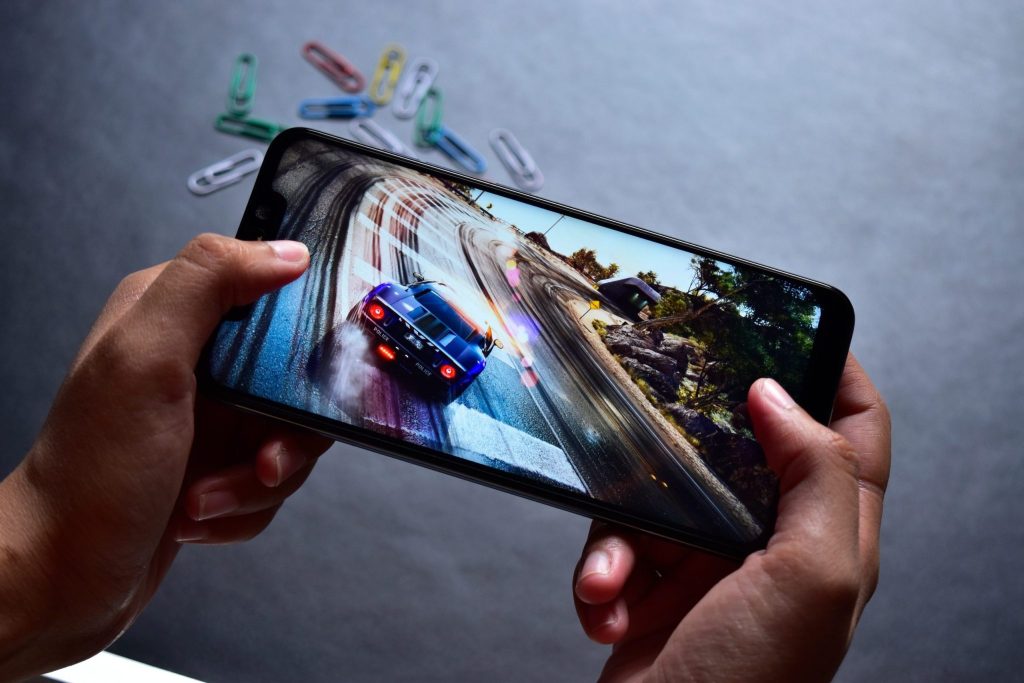
Apple admits slowing older iPhones because of ageing batteries
After years of rumours, Apple has confirmed that it does indeed slow down older iPhones, a feature introduced last year to protect against problems caused by ageing batteries.
The feature was implemented on the iPhone 6, 6S and SE last year during a software update, and on the iPhone 7 as of December with the release of iOS 11.2. The feature is planned to be rolled out to newer devices in the future.
Apple said it slowed down phones that have older batteries, batteries with low charge or that are cold.
An Apple spokesperson said: “Our goal is to deliver the best experience for customers, which includes overall performance and prolonging the life of their devices.”
The company explained that when a battery is in a poor condition it may not be able to supply the required maximum current demanded by the phone’s processor at full speed. If that happens, the iPhone can shut down unexpectedly to protect the internal components.
It was one of the factors contributing to users finding that their iPhone 6S would turn off abruptly, even though there was about 30-40% charge remaining in the battery.
“Last year we released a feature for iPhone 6, iPhone 6S and iPhone SE to smooth out the instantaneous peaks only when needed to prevent the device from unexpectedly shutting down during these conditions,” said an Apple spokesperson. “We’ve now extended that feature to iPhone 7 with iOS 11.2, and plan to add support for other products in the future.”
The feature was recently highlighted by users on Reddit, who noticed that their processors were running slowly in iPhones with older batteries, but that when they replaced the batteries the speed of the phone returned to normal.
Analysis of data by benchmarking firm Primate Labs collected from thousands of iPhones appeared to confirm the theory, showing multiple performance peaks for phones of different ages, slowing down from their maximum speed.
The confirmation will reignite the debate over “planned obsolescence”, the practice of intentionally hobbling a device after a certain period to nudge users into buying new products. Experts have long dismissed users’ complaints that their iPhones have slowed down immediately before the release of a new model.
Apple insists that this slowdown feature is not an example of planned obsolescence, and instead is designed to protect against battery problems and prolong the life of iPhones. But the poor communication to users of the fact that Apple considers this a feature, not a bug, has caused many to lash out at the company.
John Poole, the founder of Primate Labs, said in his analysis of the Geekbench data that “users expect either full performance, or reduced performance with a notification that their phone is in low-power mode. This fix creates a third, unexpected state.”
“While this state is created to mask a deficiency in battery power, users may believe that the slowdown is due to CPU performance, instead of battery performance, which is triggering an Apple-introduced CPU slowdown.”
The problem can be fixed by replacing the phone’s battery. Apple charges £79 ($79) to replace batteries not covered under the phone’s warranty.







